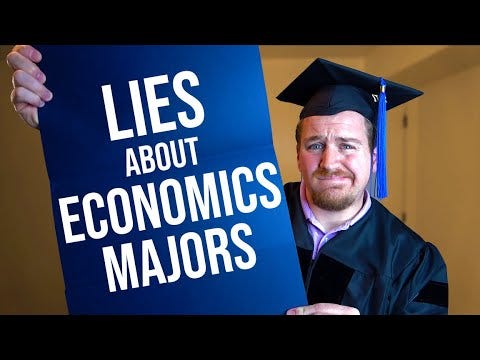Caucus Economics
The 2020 presidential race is officially started now that the Iowa Caucus is…completed? My favorite tweet about the caucus:

But those aren’t the economics I want to talk about. Let’s discuss the economics of why Iowa.
First, why does such a small state get to set the stage for the presidential race? Of course it’s economics. Iowa gives you a lot of bang for your buck when you invest your resources. Because the state is so small, it is much cheaper to meet a significant share of the population. And the cost of living is low, so it’s much easier to setup offices and support staff (imagine trying to rent an office in California or New York). Finally, the momentum from Iowa can change the game in the next states, so you don’t have to waste money campaigning in multiple locations.
But Iowa does not represent the general U.S. population. Why don’t we change it? Just look at game theory. Imagine one candidate deviates and says, “It is ridiculous that we allow Iowa to be so important.” How will that candidate perform in the Caucus? There’s never an incentive for a serious candidate to push for change because the cost of that push is too high. Economics!
Not that people haven’t looked at what would happen if the Caucus moved. While reading about it, I found an article discussing the economic effect of the politicians. The number that jumped out to me was hotel rooms. Since demand is high and the supply of hotel rooms is inelastic, hotels charge as much as $500 per night. That’s crazy!
Majoring in Economics
You know that I’m always selling the economics major to students. Often students approach me and say that they’re interested in economics, BUT [insert their concern]. This pattern repeated so much that I decided to make a video to dispel such concerns. It’s got great data on salaries and unemployment rates for economics majors, as well as how politically skewed the faculty are.
If you’re interested in economics but still unsure, check out the video.



